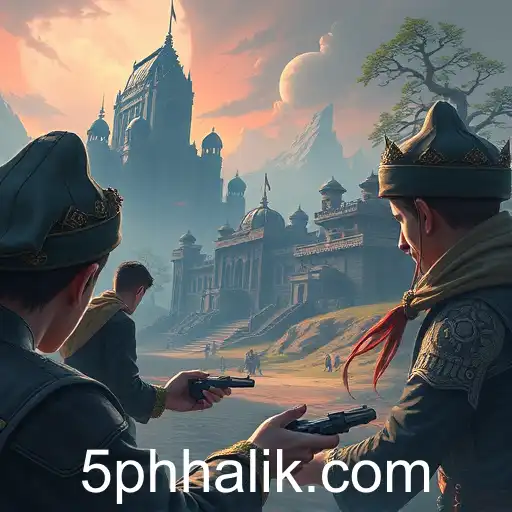
An exploration into how gaming platforms like 'phhalik' shape online communities and influence technological advancement.
In recent years, the gaming industry has seen a remarkable transformation, emphasizing not just improved graphics and gameplay, but also the formation and nurturing of online communities. One such platform that has been making waves is 'phhalik', an English game website that has become a cornerstone for gamers worldwide.
'Phhalik' has grown beyond a simple gaming hub to a bustling community where players from diverse backgrounds come together, not merely to play games, but to interact, share ideas, and create content. This evolution reflects a broader trend in the gaming industry where the social aspect has become as crucial as the games themselves. Platforms like 'phhalik' provide a space where individuals can form friendships, rivalries, and connections that transcend traditional geographical boundaries.
The technological advances that have powered platforms like 'phhalik' have also contributed significantly to the gaming sector's growth. Increased internet speeds and mobile technology have made online gaming more accessible than ever, allowing more people to participate in global gaming communities. As these technologies continue to evolve, they promise to make such platforms even more interactive and immersive.
Yet, the expansion of online gaming communities raises questions about virtual well-being and digital ethics. Concerns over data privacy, online harassment, and the impact of gaming on mental health are becoming increasingly prominent. As platforms like 'phhalik' expand, addressing these issues becomes paramount. The challenge lies in balancing technological innovation with responsible community management.
As we look ahead, the role of gaming platforms in shaping technology and online interaction dynamics continues to grow. 'Phhalik' serves as a perfect example of how a single platform can influence broader trends, providing not only entertainment but also a microcosm of contemporary digital society. For gamers and industry leaders alike, understanding these dynamics is key to navigating the future of online communities.




